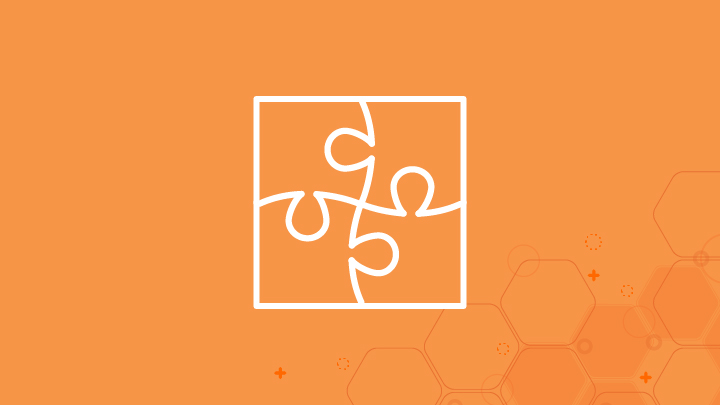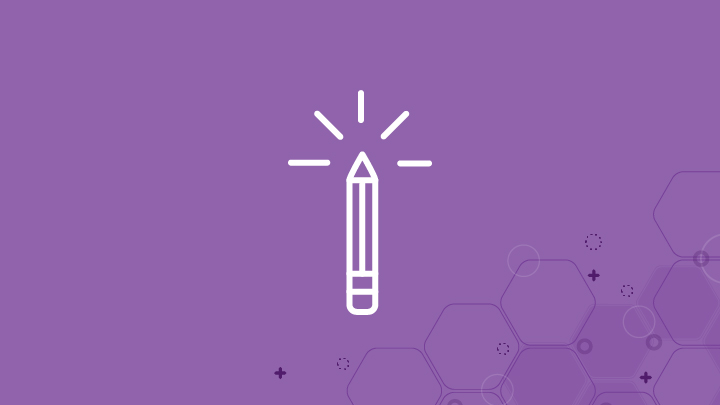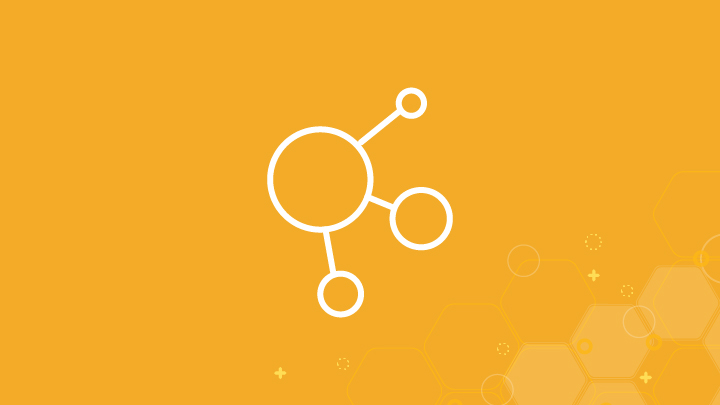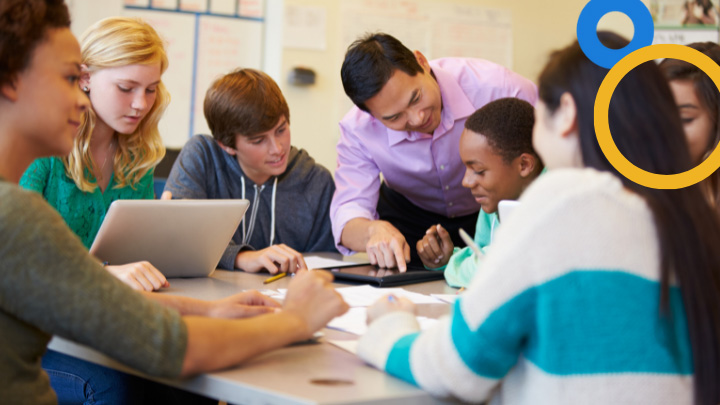Perhaps you have tried an end-of-unit project with your students but want to find ways to incorporate those projects into the actual day-to-day lessons to grow mastery instead of as a culminating task after students have mastered the content. The goal of project-based (PBL) and experiential learning is to provide authentic opportunities for students to engage in deep, contextual experiences.
At the heart of project-based and experiential learning is the idea that teachers will see an increase in engagement when students are participating in activities that are relevant to their lives. This type of learning increases student autonomy and also incorporates a more global perspective by connecting students to the world and providing opportunities to address the problems around them. Project-based learning is not one single strategy; instead, it is a set of principles and strategies focused on problem solving, critical thinking, and inquiry.
Key Factors to Guarantee a Successful Start to Building a Project-Based Learning Classroom
Driving Question
The driving question is what you pose to students in order to begin the investigation process of a project. In Project-Based Learning, the driving question helps to begin and prioritize an inquiry approach to learning and problem solving while communicating the purpose and end goal of the project. Not sure how to build a driving question? Try using the Building Driving Questions template to get started.
Project-Based Learning Launch or Hook
A PBL launch is a short activity or introduction that conveys a sense of urgency and importance around the project, problem, challenge, or driving question. The launch, while always related to the driving question, is centered around the students’ interests. Check out the Launching into PBL strategy to explore various ways you can launch the project with your students.
Comprehensive Project-Based Learning Rubric
When students and developing and solving real-world problems, they need to know what is expected of them in regards to showing mastery of both the content and product they are creating. The Comprehensive PBL Rubric allows teachers to assess both content skills and process/design thinking skills throughout the implementation of project-based learning.
Student Contracts
Student contracts are agreements created by students to identify behaviors that will help the group collaborate and complete the assigned activities. Student contracts allow students to voice their concerns, expectations, and goals within a shared document, while holding each other accountable throughout the project. Check out the Student Contracts in Group Work strategy for templates and ideas on how to try student contracts during your PBL.
Project-Based Learning Master Teacher Resources
BetterLesson’s Master Teachers have also written lessons to support you in the implementation of project-based learning in your classroom.
Endangered Species Project
7th grade Science BetterLesson Master Teacher, Mariana Garcia Serrato, presented students with a 2-week Endangered Species Project, where students had to collaborative research, prepare, and present a conservation plan on an endangered species. Mariana used a driving question and a video launch to help students build a sense of urgency around the problem.
Nailed It! Project
3rd grade Math BetterLesson Master Teacher, Michelle Marcus, worked with students on inquiry-based learning by having students build a bat house using only 28 nails in the Nailed It! Project. Through this project students learned new knowledge and skills around equal distribution and division, while solving a real-world problem.
End-of-Year Project
10th grade ELA BetterLesson Master Teacher, Jessica Keigan, partners with the history department for an interdisciplinary end-of-year project students complete of a 3 week span. The project culminates with a three part presentation plan lead by the collaborative student groups: a Modern Research Synthesis Gallery Walk, a Modern Research Synthesis Seminar, and a Modern Research Synthesis Debate.
Students deserve to be engaged in learning experiences that are relevant to them in today’s world, have multiple entry points reflective of the diversity in today’s schools, and that are driven by inquiry and problem solving. Project-based and experiential learning seek to provide students with opportunities to take ownership of their learning through authentic experiences driven by content and real-world applications. You can begin by identifying an upcoming unit that could embed real-world activities and learning throughout, then try building your first driving question. If you’d like some support, a BetterLesson Instructional Coach can help. Contact BetterLesson to learn more.







